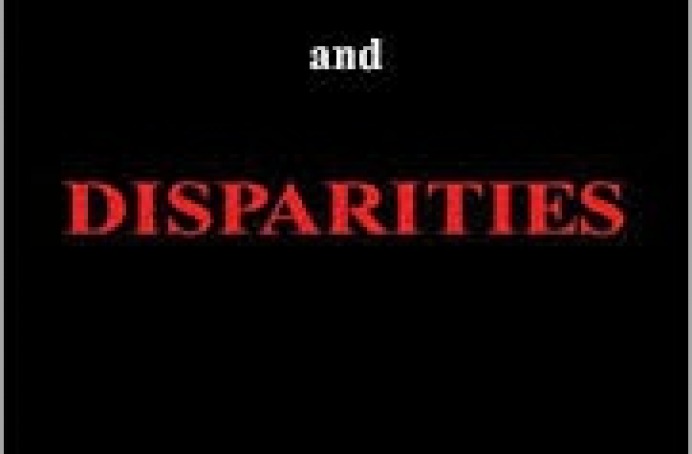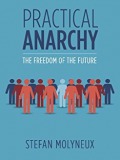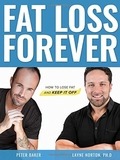Book

Discrimination and Disparities
Discrimination and Disparities clearly explains why disparate outcomes are not always explained by discrimination. This book should be required reading for voters and politicians.
aboutLiberty Portal
Liberty Portal is your gateway for free markets and free thinking. We aggregate open-sourced content to promote and popularize important people and lessons within the liberty movement.
suggested
Stefan Molyneux
Practical Anarchy: The Freedom of the Future

Imagine a world without government – this thought exercise seems impossible for many, because the power and reach of state monopolies is so omnipresent in our lives. However, there is no rational, economic or moral reason to assume that governments are necessary for the provision of roads, healthcare, charity, dispute resolution, courts, policing, national defense, jails – or any of the other services currently monopolized by the state.
Governments are extremely dangerous, responsible for over 250 million deaths in the 20th century alone – if it is possible to run a society without a government, surely this is something that we must strive towards as a species.
Practical Anarchy makes strong case for the private – that is to say voluntary – provision for public services. It reveals the idea of government as a dangerous and unnecessary anachronism, and points the way towards a peaceful and voluntary future for mankind.
Read moreGovernments are extremely dangerous, responsible for over 250 million deaths in the 20th century alone – if it is possible to run a society without a government, surely this is something that we must strive towards as a species.
Practical Anarchy makes strong case for the private – that is to say voluntary – provision for public services. It reveals the idea of government as a dangerous and unnecessary anachronism, and points the way towards a peaceful and voluntary future for mankind.
Tom Woods
The Politically Incorrect Guide to American History

Claiming that most textbooks and popular history books were written by biased left-wing writers and scholars, historian Thomas Woods offers this guide as an alternative to "the stale and predictable platitudes of mainstream
Read more
Layne Norton
Fat Loss Forever

Diets are failing in an epic way. Chances are you’ve tried one of the popular diets out there. The Atkins Diet, The South Beach Diet, The Zone Diet, The Blood Type Diet, The Eat Clean Diet, The Alkaline Diet, The Ornish Diet, The Insert Name Here Diet.You probably lost some weight… for awhile. Did you keep it off? Chances are you didn’t. In fact, chances are you regained it all back and possibly then some. You aren’t alone. Six out of seven people who are overweight are able to successfully lose weight during their lifetime.
Read more


